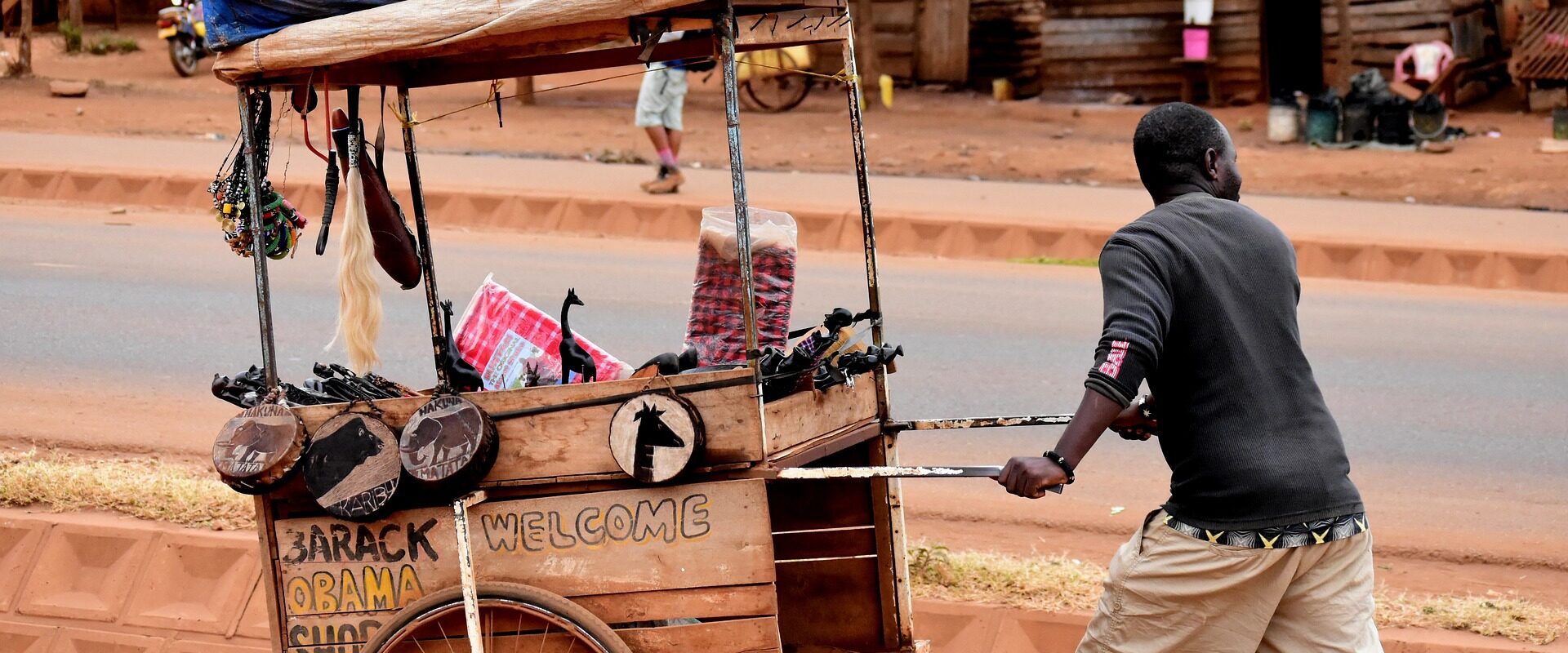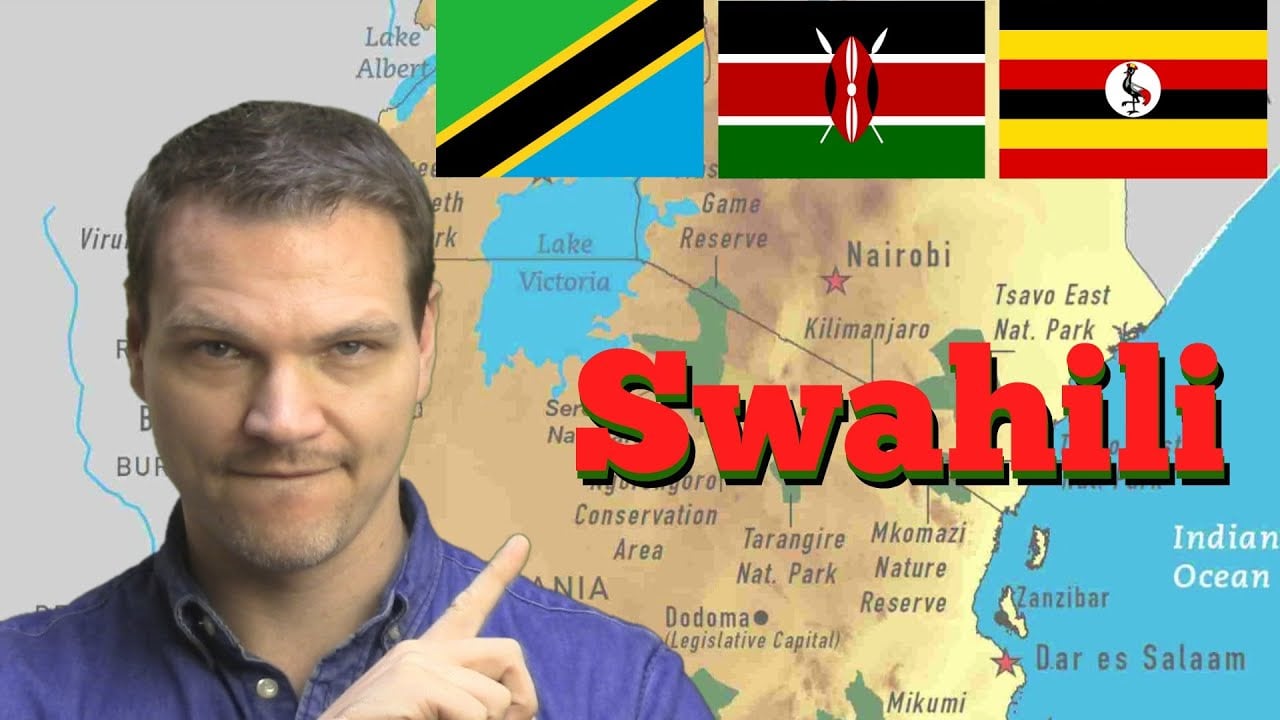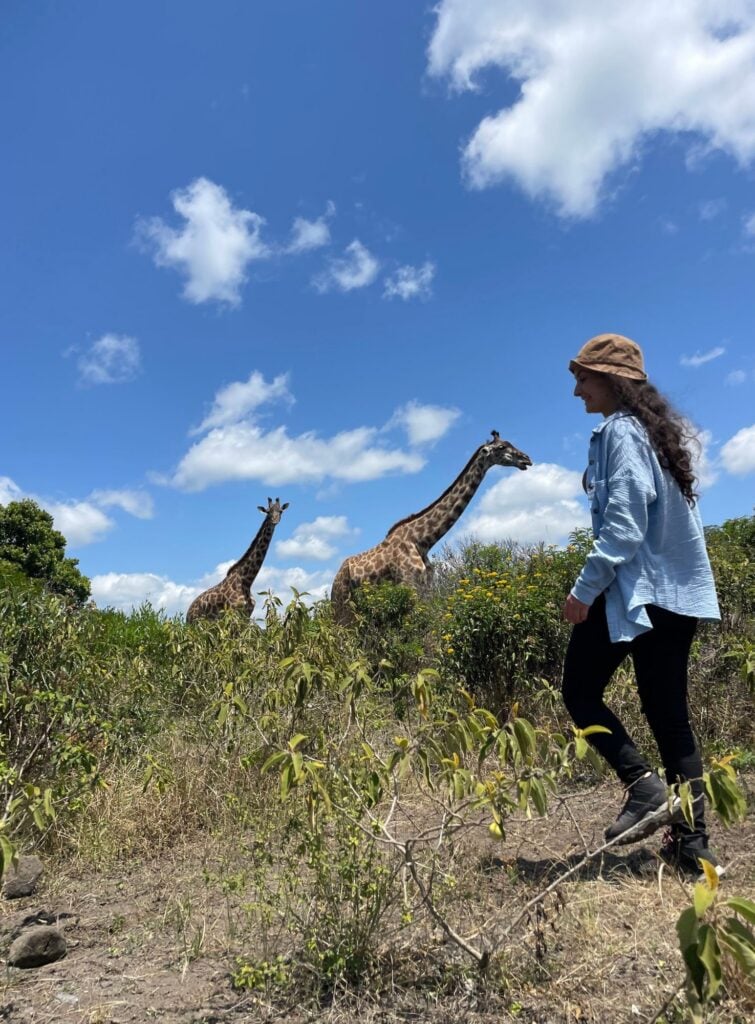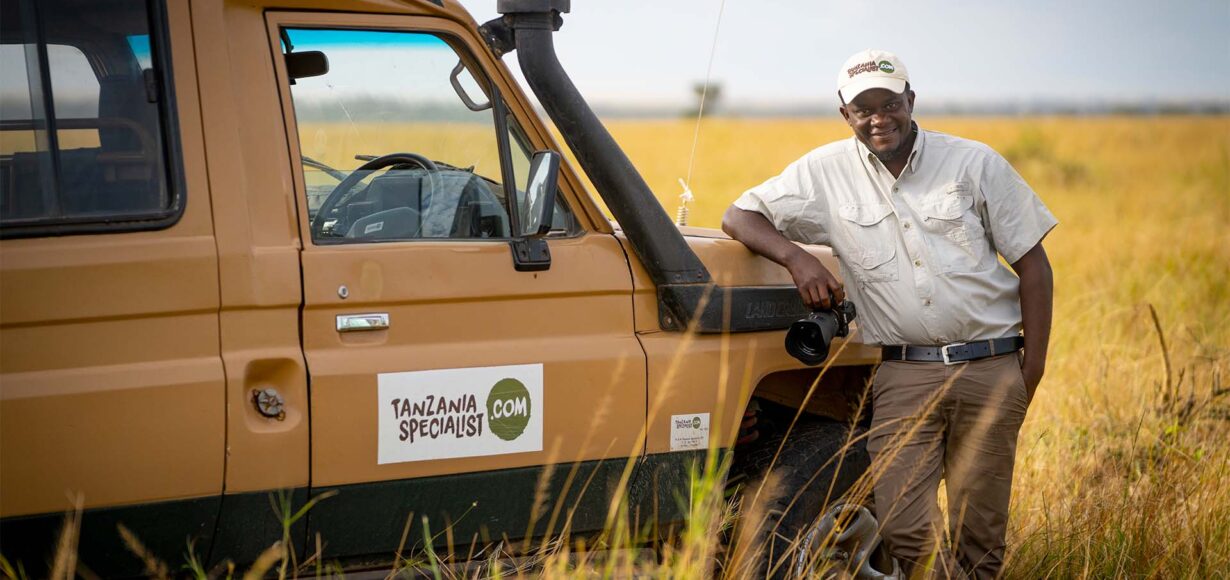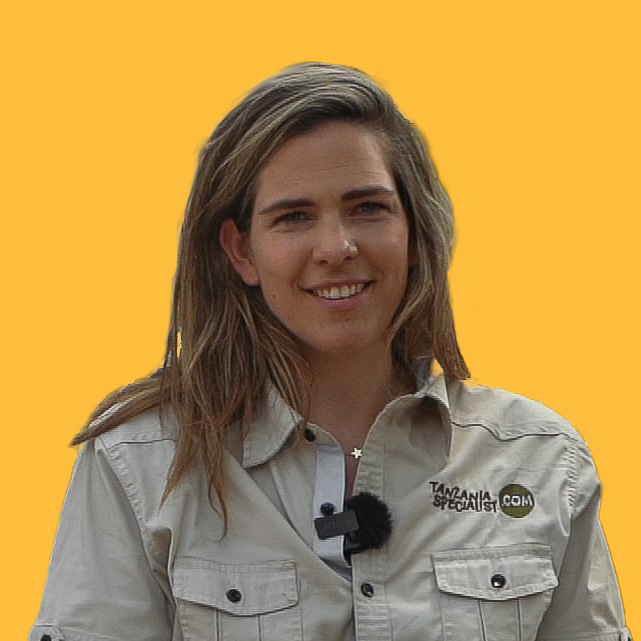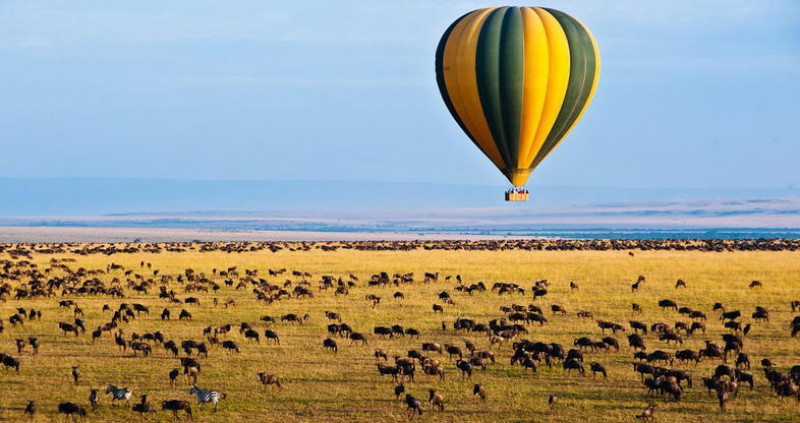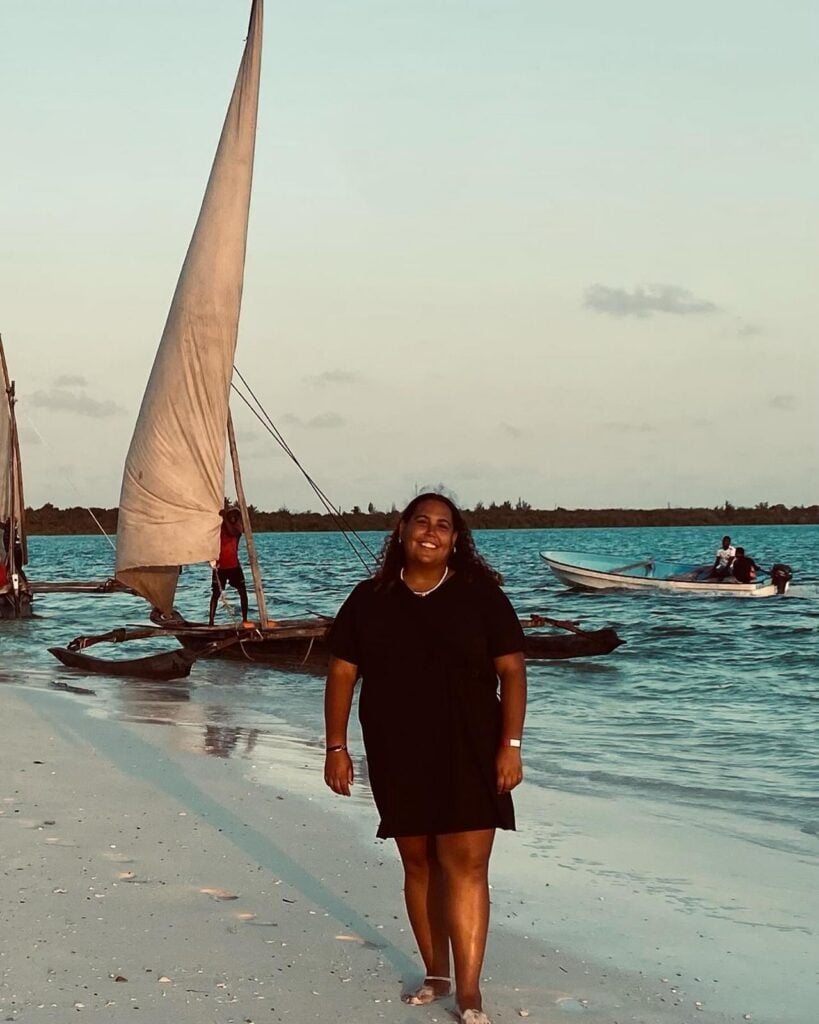
22 December 2023
Just as diverse as the Tanzanian landscape – we only say mountains, savannahs, jungles, crater, lakes, crater lakes – are the people calling this East African gem their home. The country is inhabited by over 100 ethnic groups, who of course all have their own language. With more than 120 languages and dialects, Tanzania has more than any other African country, creating an unparalleled cultural depth.
Even without this information, you might have wondered whether your English will see you through when travelling to Tanzania, right? Spoiler alert: you’ll be fine! Nevertheless, we’ll have a look at the main languages spoken in Tanzania and even provide you with some basic Swahili skills. The more you know…
How many languages are there in Tanzania?
A total of 126 languages are spoken in Tanzania, with Swahili and English being the two official ones. On top of these, there are approximately 18 developing, 58 vigorous, 40 endangered, and 8 dying languages.
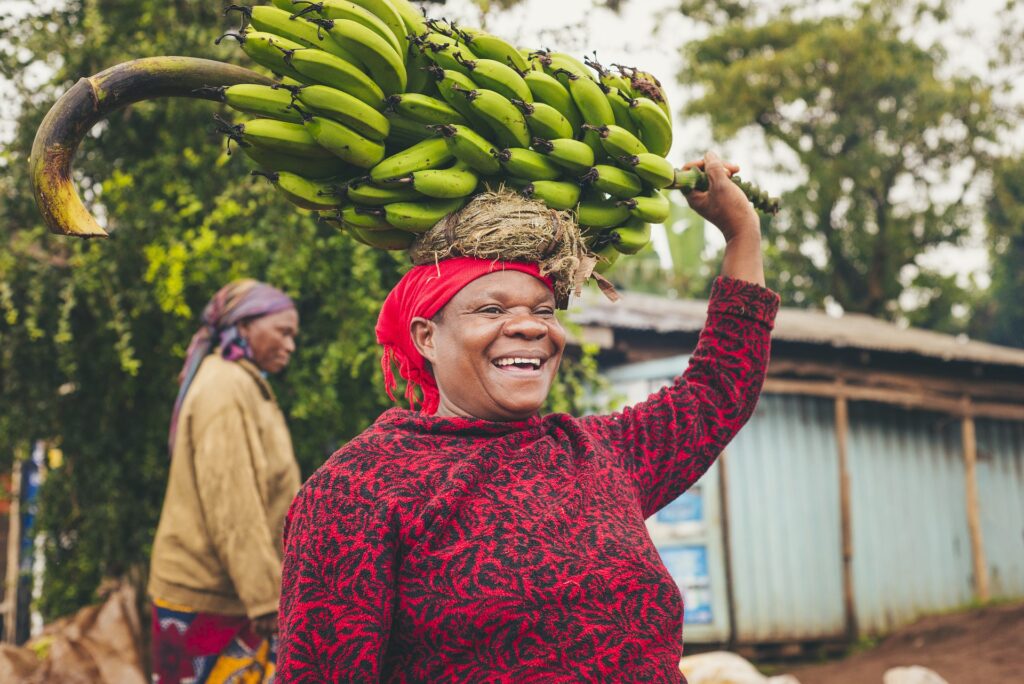
What is the most spoken language in Tanzania?
Spoken by approximately 90% of the Tanzanian population, that would be Swahili. It’s also called Kiswahili by Tanzanians, and it is the primary social, political, and educational language.
The second institutional language is English. It has, however, been used as a second or third language and is taught in schools. The level isn’t the best, though, so people might be able to read the language but might have a harder time understanding it.
The history of Swahili in Tanzania
It’s generally accepted that the language developed as a result of trade between the coast people of East Africa and the Arabs, and that its core originates in Bantu languages. Around the 19th century, many Tanzanians and Kenyans started identifying as Swahili. After the country’s independence, Swahili became Tanzania’s national language to unify the new nation.
As of today, Swahili is the primary language used in Tanzania and the government keeps advocating it becoming the one and only official Tanzanian language. Swahili has recently become the primary language used throughout the educational system. This decision made Tanzania the first sub-Saharan country to introduce a native African language as the only official language of education.
The history of English in Tanzania
English was the dominant language in Tanzania during the British colonial period from 1919 to 1961. After Tanganyika and Zanzibar became the independent United Republic of Tanzania, however, it was dethroned by Swahili.
For a long time, English remained the primary language of secondary and higher education. As just mentioned, this is no longer the case, with Swahili now being the language used across the educational system.
Still, English remains relatively popular, and you’re sure to encounter numerous English speakers on your Tanzanian adventures, especially in major cities and tourist areas.
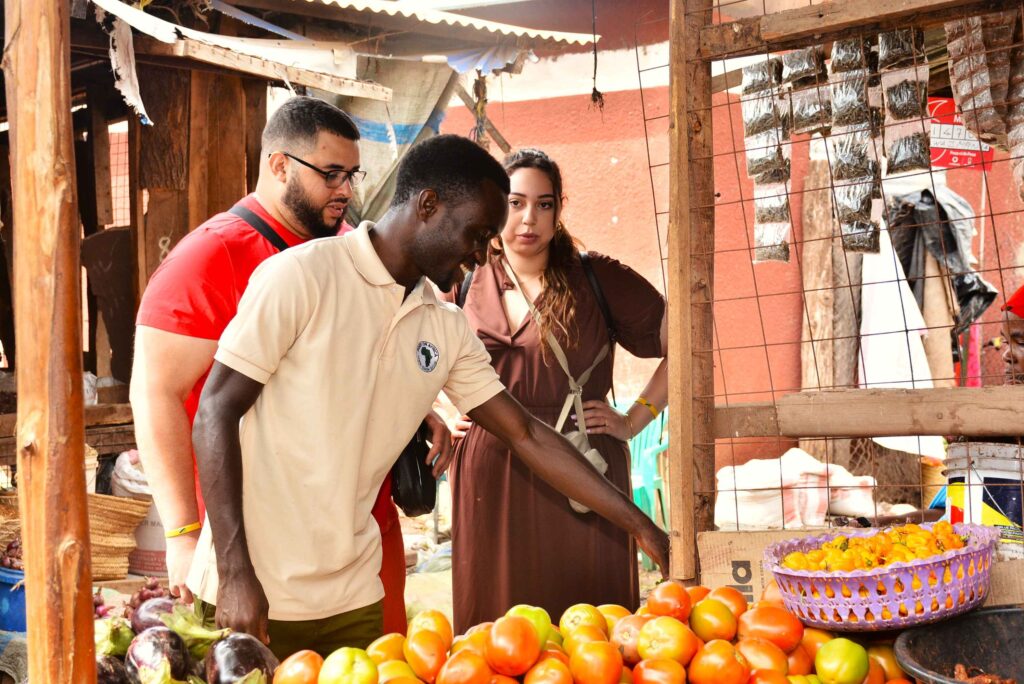
Other widely spoken language in Tanzania
Now that we’ve given you an overview of the official languages of Tanzania, it’s time to look at some lesser-known yet still widely spoken languages of Tanzania.
These are the ethnic languages used in more spread-out communities and peoples. However, while they may not be as widely spoken or even recognized as official languages by the Tanzanian government, these languages are just as important to the cultural landscape as any other.
So, what other native Tanzania languages can you encounter when travelling through this marvellous country?
- Kisankasa is a good example of how diverse and rich the country’s linguistics is, as it’s a Bantu language that is still in wide use. The language is spoken by about half of the Kisi people who are from the Njombe region.
- Pare is also a Bantu language group spoken by the Pare people in the northeast of Tanzania and also known as Chasu, Athu, and Chathu. About 500,000 people communicate in Pare, making it being used more than other dialects and some indigenous languages.
- Bemba is spoken in the southern part of Tanzania, but also in the Democratic Republic of the Congo and Zambia. It’s a common or bridge language used by most of the country’s indigenous people and also known as Chibemba, Cibemba, and Ichibemba, just to name a few variations.
- Hehe has a complex tense-aspect-mood system that is native to the Iringa region, which you can find south of the great Ruaha River. The language is spoken by fewer than 200,000 people and has lost some of its distinct features over the last 150 years or so.
Other popular indigenous languages include Maasai, Digo, Datooga, and Chindali. We know Tanzania in and out (the name Tanzania Specialist didn’t come out of nowhere), and we’re still discovering the dialects and indigenous sub-languages spoken by different tribes. Exploring just never gets boring 😉
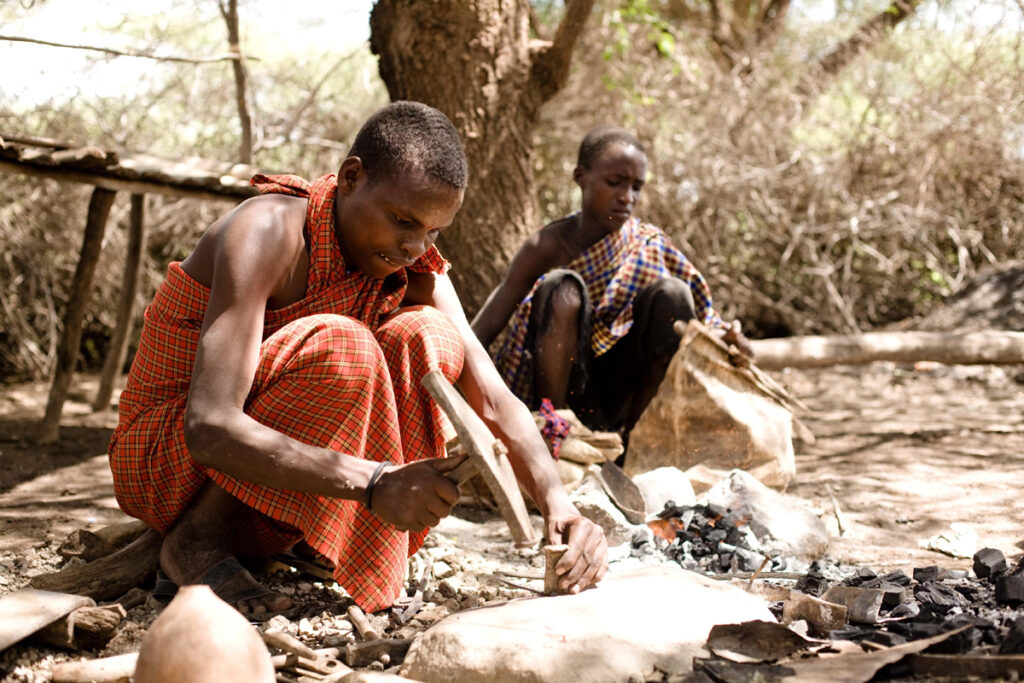
Tanzania languages that have lost usage
It’s natural for languages to slowly fade and eventually die. That’s especially true for countries with diverse linguistic landscapes, like Tanzania.
One of these languages in Tanzania is Asa from the Asa people in the northern region of Tanzania. However, today it isn’t spoken by anyone natively. Some forms of words might still have some meaning to specific communities, but some are distant memory of an older generation.
To be honest: it can be difficult to track each of the approximately 126 native languages in Tanzania. As easy as some are to identify, political decisions play a big role in what languages they want to promote and integrate within their communities.
For instance, many blame the Tanzanian government for the ongoing extinction of indigenous languages. Political actions like the wide scale promotion of Swahili and banning ethnic dialects and languages from schools or television make preserving these sub-languages mighty difficult.
For now, though, we can still enjoy and explore the diversity of the Tanzanian linguistic landscape. For how long, we cannot tell…
Other languages in Tanzania worth mentioning
Some languages we don’t want to sweep under the table, are the ‘imported’ ones, such as French, German, Portuguese, Gujarati, Arabic, and Hindustani.
French, for instance, is another widely spoken languages in Tanzania. It has recently even become part of the school curriculum, and an estimated 1.5 million people in Tanzania are proficient speakers.
If we look at the tourism industry, almost all tour operators work with guides speaking English and sometimes even Spanish, French, Italian, German, and Japanese.
But if you want an authentic Tanzanian experience and communicate in less populated areas, you might want to adopt some Swahili.
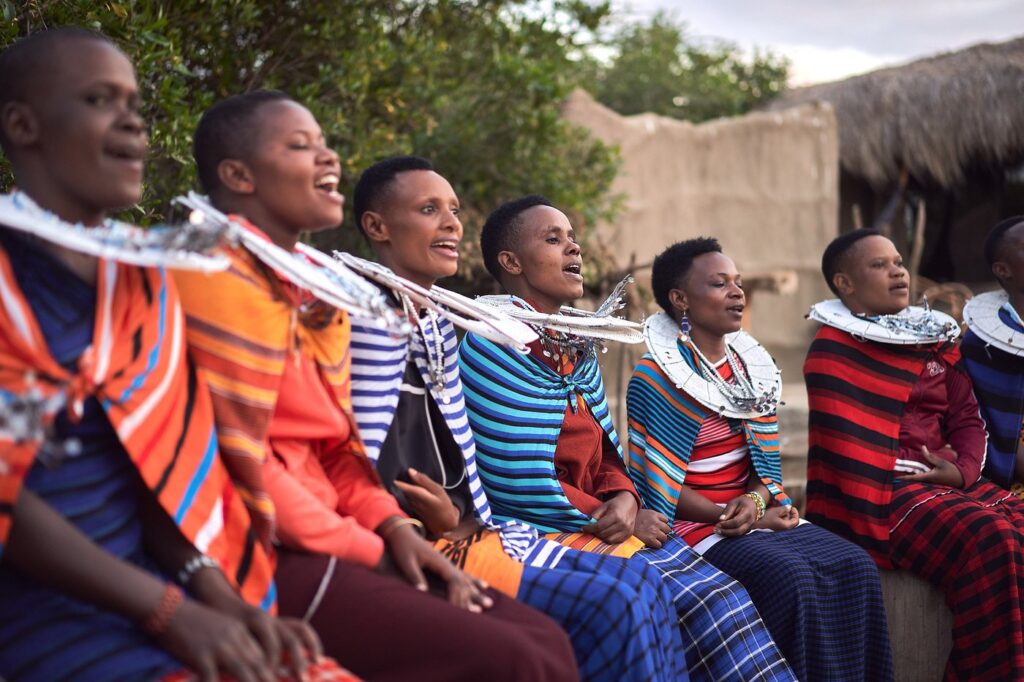
Some Swahili words to help you out
Learning some Swahili basics can help you bridge the gap between cultures and make your Tanzania experience much easier – plus you’ll make a lot of people smile, including yourself. So grab a pen, your vocabulary book, and jot down some of these must-knows.
Greetings
- Hello – Harabi or Mambo (which is more like “What’s up” or “How are things”), and for people older than yourself, you can use Shikamoo, which you can respond with Marhaba
- Goodbye – Kwaheri or kwa herini if referring to more than one person
- How are you? – Habari gani
- Nice to meet you – Nafurahi kukuona or Ninafuraha kukutana na wewe
- See you later – Baadaye and Kwa heri for a goodbye over a longer period of time, or Kesho if it’s in the evening, and you won’t see them until the next day
Use In Conversation
- Yes – Ndiyo
- No – Hapana
- All is good, or I am well – Poa as a response to Mambo, Nzuri as a response to Habari, or Marhaba if the respondent is an older person
- Thank you – Asante
- Please – Tafadhali or Naomba if you want to request something politely
- Excuse me – Samahani or Pole which also means sorry and shows empathy
- Can you help me? – Tafadhali or naomba msaada
- How do you say (insert word) in Swahili? – Unasemaje (insert word) Kwa Kiswahili
Navigation
- Where is the (insert place)? – (insert place) iko wapi?
- Bus station – Stesheni ya basi or Kituo cha mabasi
- Bus stop – Stendi (ya basi)
- Train Station – Kituo cha treni
- Bank – Benki
- Market – Soko
- Police station – Kituo cha polisi
Health and Emergency
- I need a doctor – Nahitaji daktari
- I’m sick/ill – Mimi ni mgonjwa
- Where can I find a (insert service)? – (insert service) iko wapi?
- Doctor – Daktari
- Hospital – Hospitali
- Medical center – Kituo cha matibabu
- It hurts here – Inauma hapa or naumwa hapa
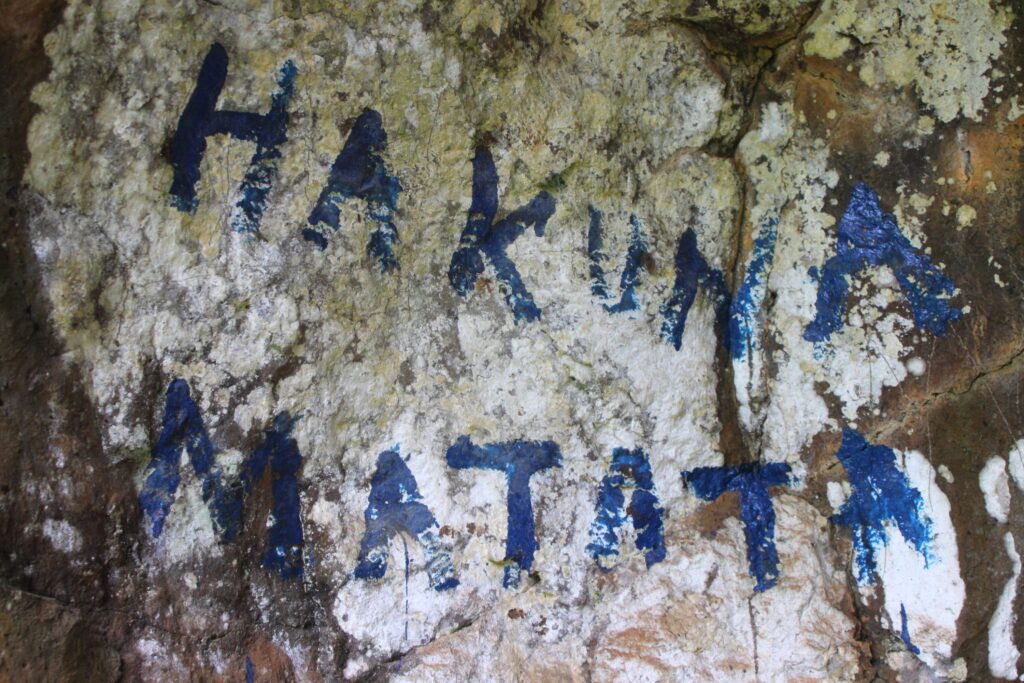
Some tips for a smooth trip
Of course, you don’t need to get fluent in Tanzania’s national language Swahili before your holiday. As we’ve said, you can definitely manage to navigate this country with English. But if you want to prepare a little in order not to find yourself in a linguistic pickle, we have three tips for you:
- Note down the most important Swahili phrases in a little black book (or red, or brown…) or save them on your phone
- Get yourself an English-Swahili app
- If nothing works, simply ask your guide and smile 🙂
And should you want to prepare a little more, check out our extensive guide to planning a trip to Tanzania, watch documentaries or read books about Tanzania and by Tanzanians. This way, you are more aware of customs and traditions, making your experience even more authentic. Some typical customs in the country? Greet people, eat food with your right hand, ask permission before taking pictures of people, and respect older people’s views and beliefs.
For more guides and information about Tanzania, check out our blog. And if you have specific questions regarding travelling to Tanzania, don’t hesitate to contact us directly. We’ll be more than happy to help you plan your next big adventure!
